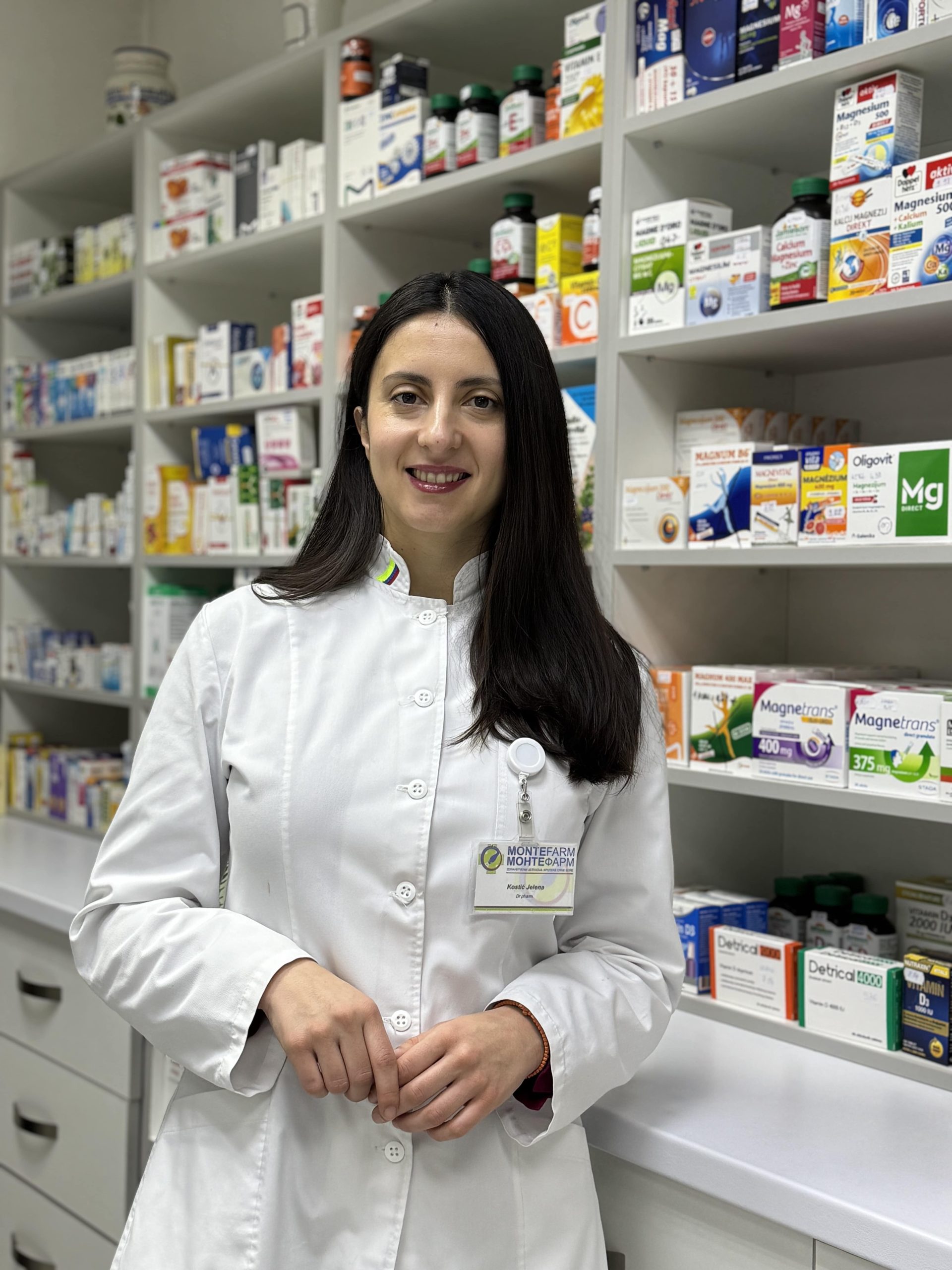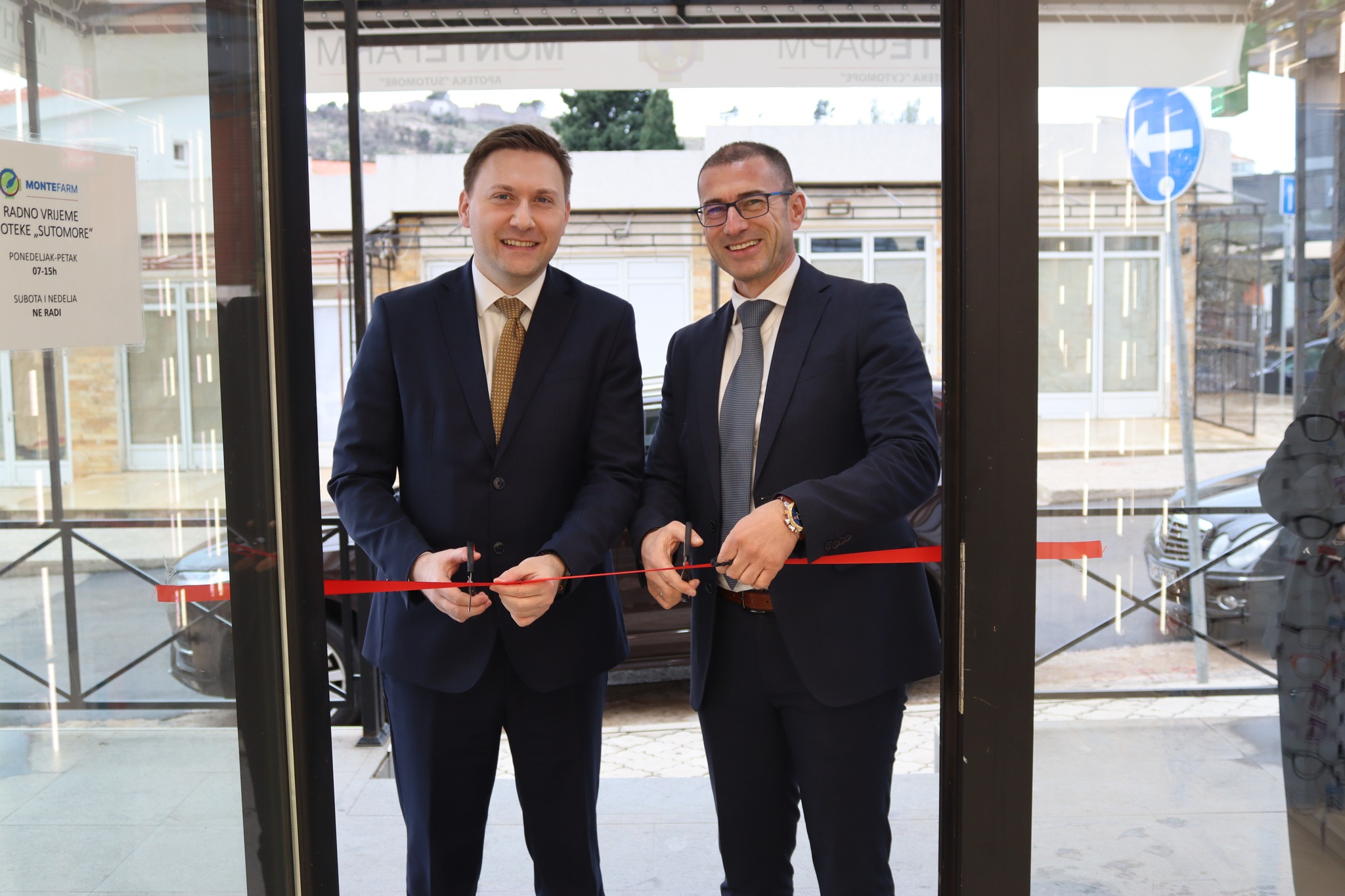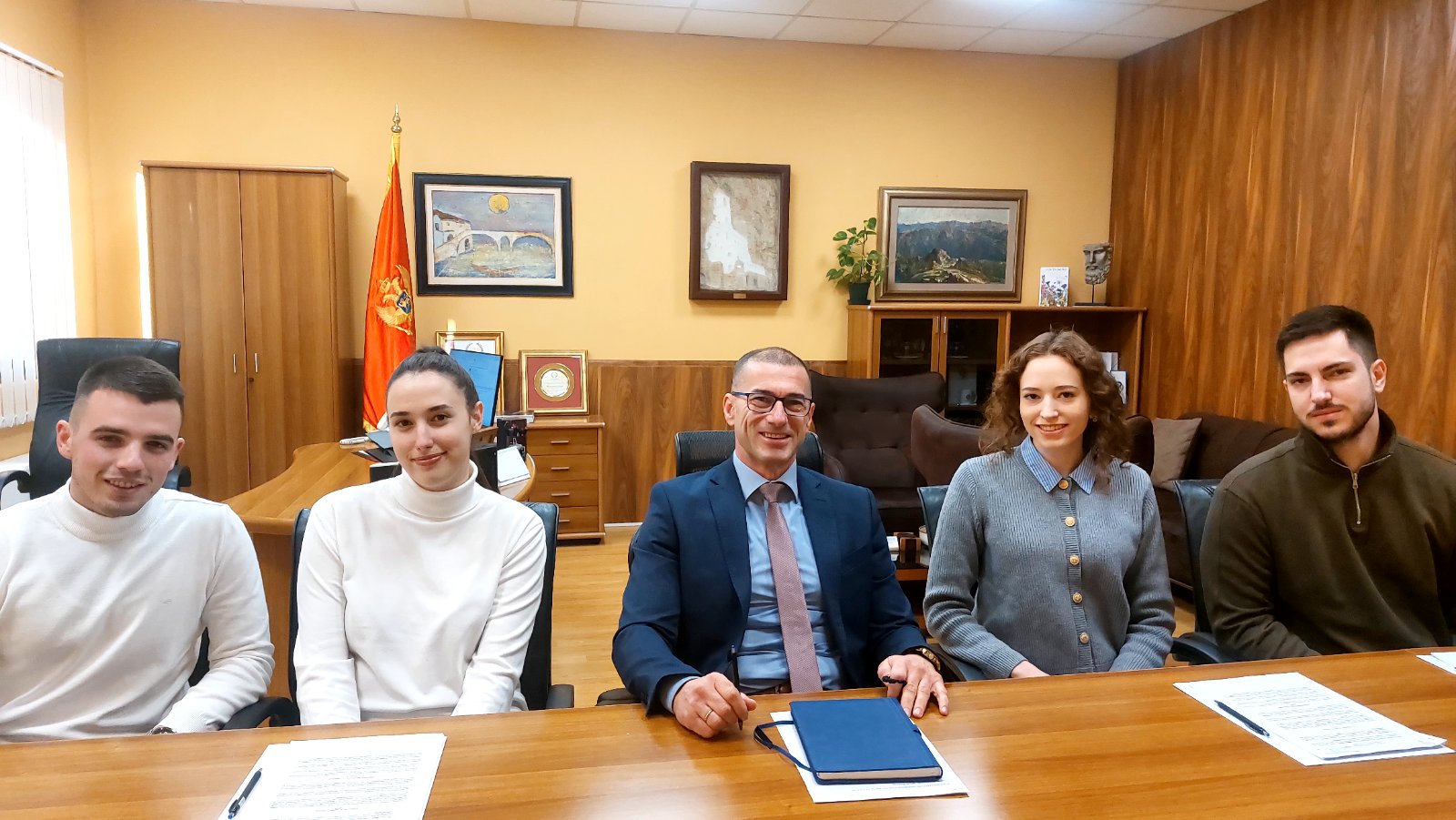How to fight HIGH TEMPERATURE IN BABIES AND CHILDREN?

Ask a PHARMACIST, not GOOGLE
Elevated body temperature is the body's defensive reaction to pathogenic agents - in 90% of cases, the cause is viruses or bacteria.
🟢Normal body temperature is up to 37°C
🟡It increased from 37°C to 38.5°C
🔴 It is over 38.5°C
🤒 How to lower a high body temperature❓️
There are two ways:
✅️ By cooling down (physical way): it involves taking a shower with lukewarm water in a warm room for about 10 minutes; make the child comfortable - do not crowd him with clothes or blankets; regularly ventilate the room you are staying in; hydrate the child regularly, and offer the babies more frequent feedings; applying compresses (warm water-wet socks)
🚫 Note: Do not massage children under the age of 3 with alcohol.
✅️ Medicines (pharmacological method)
Medicines for lowering elevated body temperature are called antipyretics and are dosed based on the child's body weight. We have available paracetamol in the form of syrup and suppositories and ibuprofen in the form of syrup. Antipyretics are dosed for 6 to 8 hours, unless there are frequent jumps in high body temperature, in which case they can be used for 4 to 6 hours, but not more than 4 times (the same medicine) during 24 hours.
Suppositories have a faster effect and are recommended for higher temperatures and in cases where the child cannot drink the syrup (eg vomiting).
In case of persistently high temperature, it is recommended to combine both methods.
⚠️ What is the recommendation for children who had febrile convulsions❓️
❗️ Antipyretics should be given to the child even before his temperature reaches 38°C (at 37.7°C)
❗️Apply the other listed physical measures to prevent the occurrence/development of high body temperature.
❗️ Use enemas according to the advice and recommendation of the pediatrician if the temperature exceeds 38.5°C


